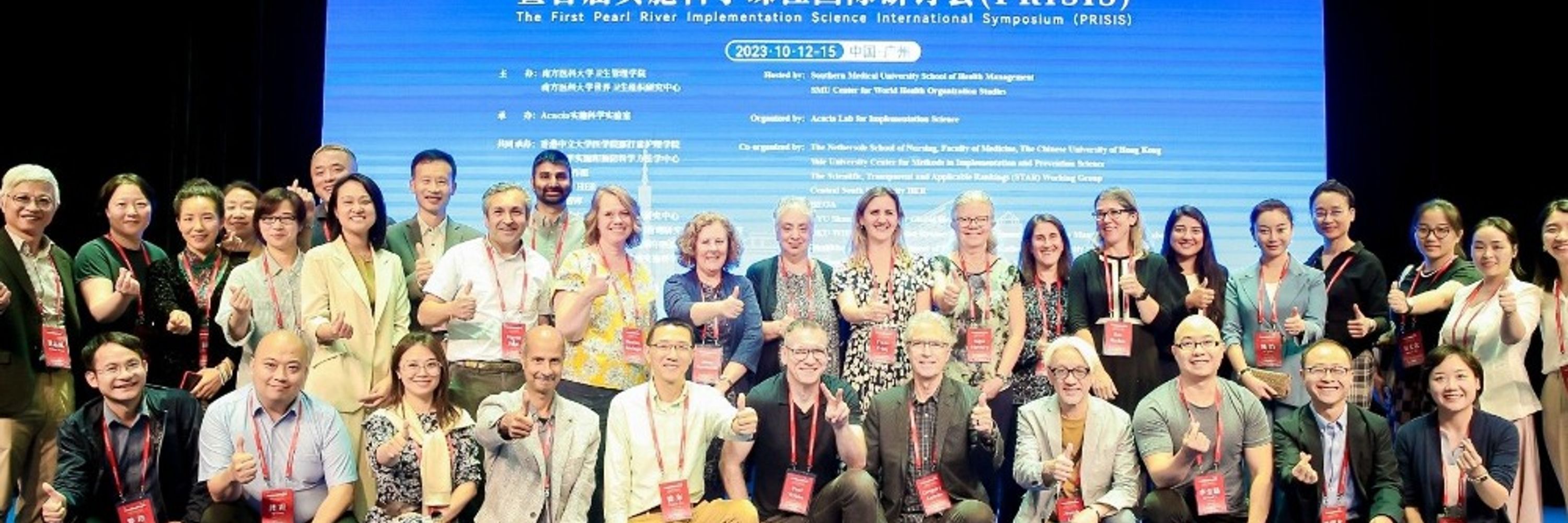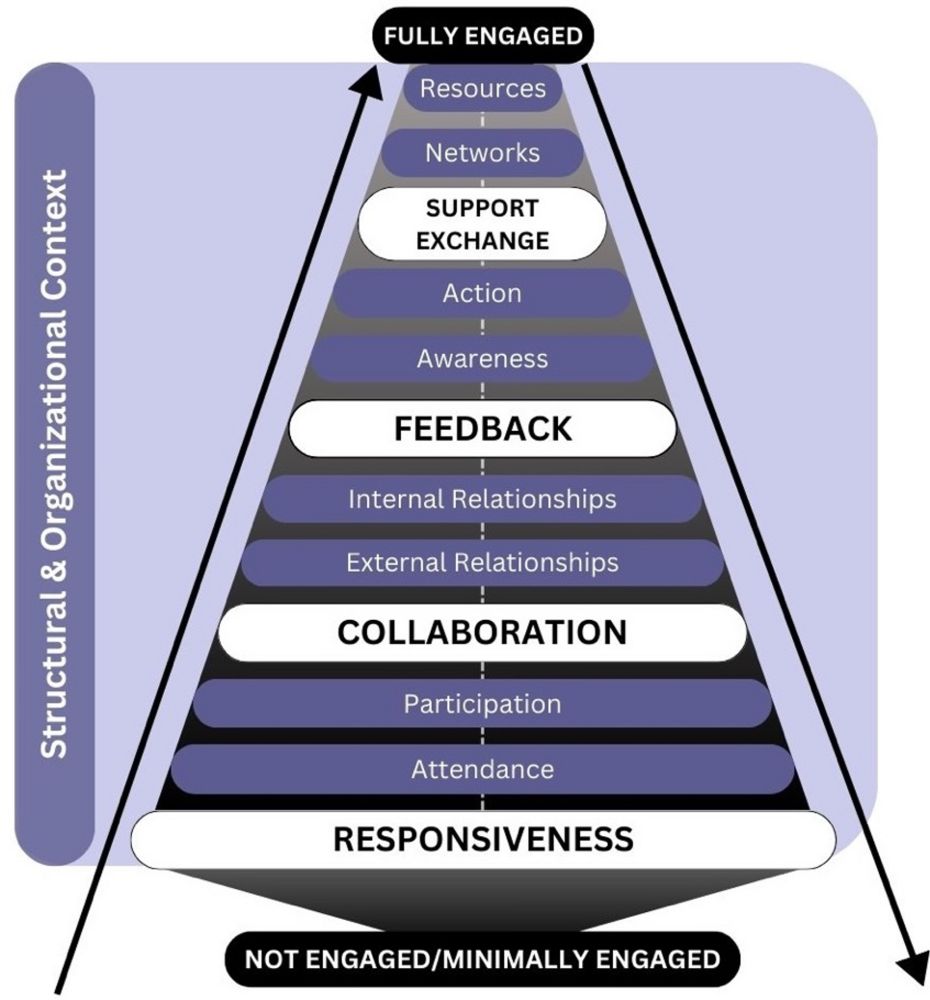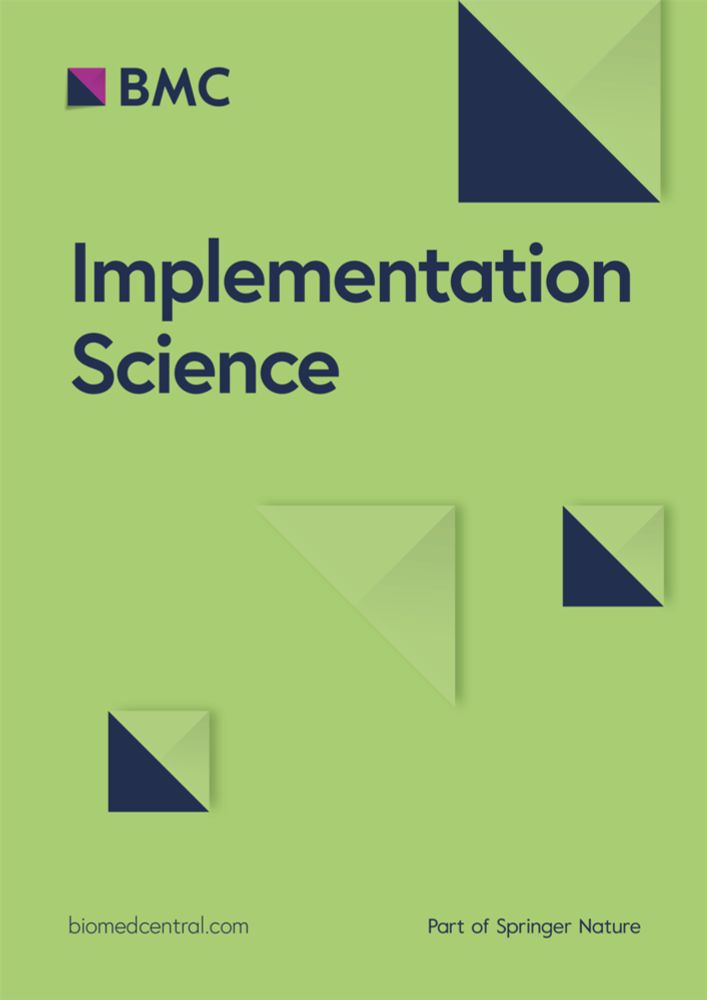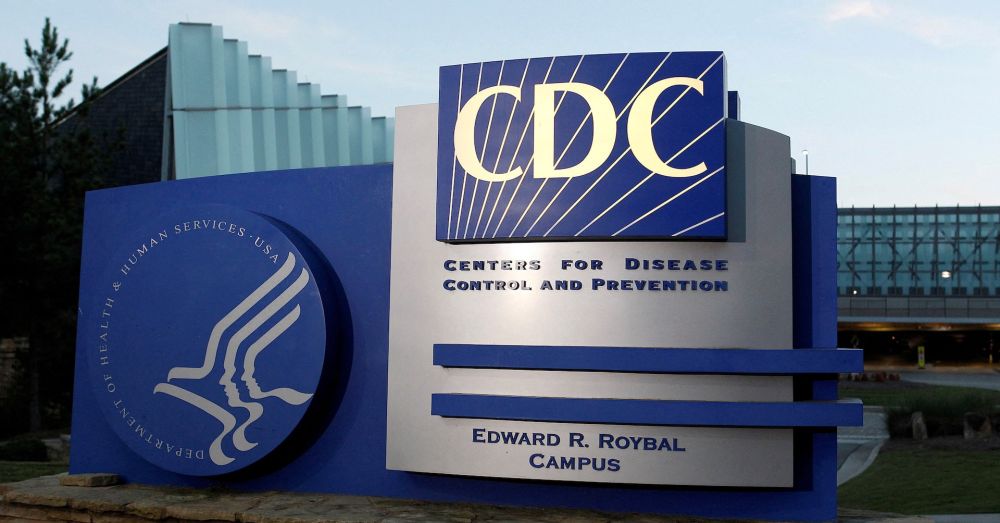Implementation of state health insurance benefit mandates for cancer-related fertility preservation: following policy through a complex system - Implementation Science
Background A myriad of federal, state, and organizational policies are designed to improve access to evidence-based healthcare, but the impact of these policies likely varies due to contextual determinants of, reinterpretations of, and poor compliance with policy requirements throughout implementation. Strategies enhancing implementation and compliance with policy intent can improve population health. Critically assessing the multi-level environments where health policies and their related health services are implemented is essential to designing effective policy-level implementation strategies. California passed a 2019 health insurance benefit mandate requiring coverage of fertility preservation services for individuals at risk of infertility due to medical treatments, in order to improve access to services that are otherwise cost prohibitive. Our objective was to document and understand the multi-level environment, relationships, and activities involved in using state benefit mandates to facilitate patient access to fertility preservation services. Methods We conducted a mixed-methods study and used the policy-optimized exploration, preparation, implementation, and sustainment (EPIS) framework to analyze the implementation of California’s fertility preservation benefit mandate (SB 600) at and between the state insurance regulator, insurer, and clinic levels. Results Seventeen publicly available fertility preservation benefit mandate-relevant documents were reviewed. Interviews were conducted with four insurers; 25 financial, administrative, and provider participants from 16 oncology and fertility clinics; three fertility pharmaceutical representatives; and two patient advocates. The mandate and insurance regulator guidance represented two “Big P” (system level) policies that gave rise to a host of “little p” (organizational) policies by and between the regulator, insurers, clinics, and patients. Many little p policies were bridging factors to support implementation across levels and fertility preservation service access. Characterizing the mandate’s functions (i.e., policy goals) and forms (i.e., ways that policies were enacted) led to identification of (1) intended and unintended implementation, service, and patient outcomes, (2) implementation processes by level and EPIS phase, (3) actor-delineated key processes and heterogeneity among them, and (4) inner and outer context determinants that drove adaptations. Conclusions Following the midstream and downstream implementation of a state health insurance benefit mandate, data generated will enable development of policy-level implementation strategies, evaluation of determinants and important outcomes of effective implementation, and design of future mandates to improve fit and fidelity.























